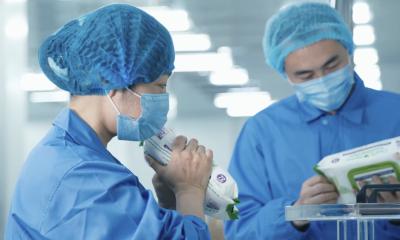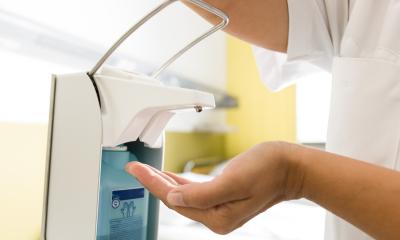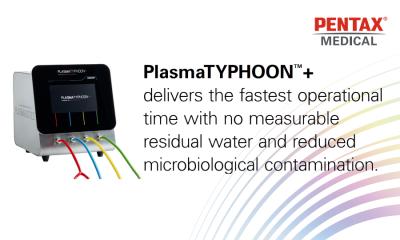Even non-touch taps can harbour dangerous pathogens
How to banish waterborne infections
USA - Urging public health and infection control officers to be proactive against Legionella and other waterborne microbes that contribute to soaring hospital infection rates everywhere, international Legionella expert Janet Stout PhD* warned.

The author also pointed out a surprising finding: Although electronic, non-touch faucets would appear to be a logical solution, studies have shown them to be a source of dangerous germs that can cause serious pneumonia and other infections.
* Dr Janet Stout is director of the Special Pathogens Laboratory, based in Pittsburg, and Associate Professor at the University of Pittsburgh. She founded SPL with Dr Victor Yu. Both have over 25 years experience in infectious disease and microbiology. The laboratory provides healthcare, water treatment and other industries with services that specialise in the detection, control and remediation of waterborne pathogens such as Legionella, Pseudomonas, Mycobacteria and other clinically relevant pathogens.
Details: www.specialpathogenslab.com.
01.03.2008





